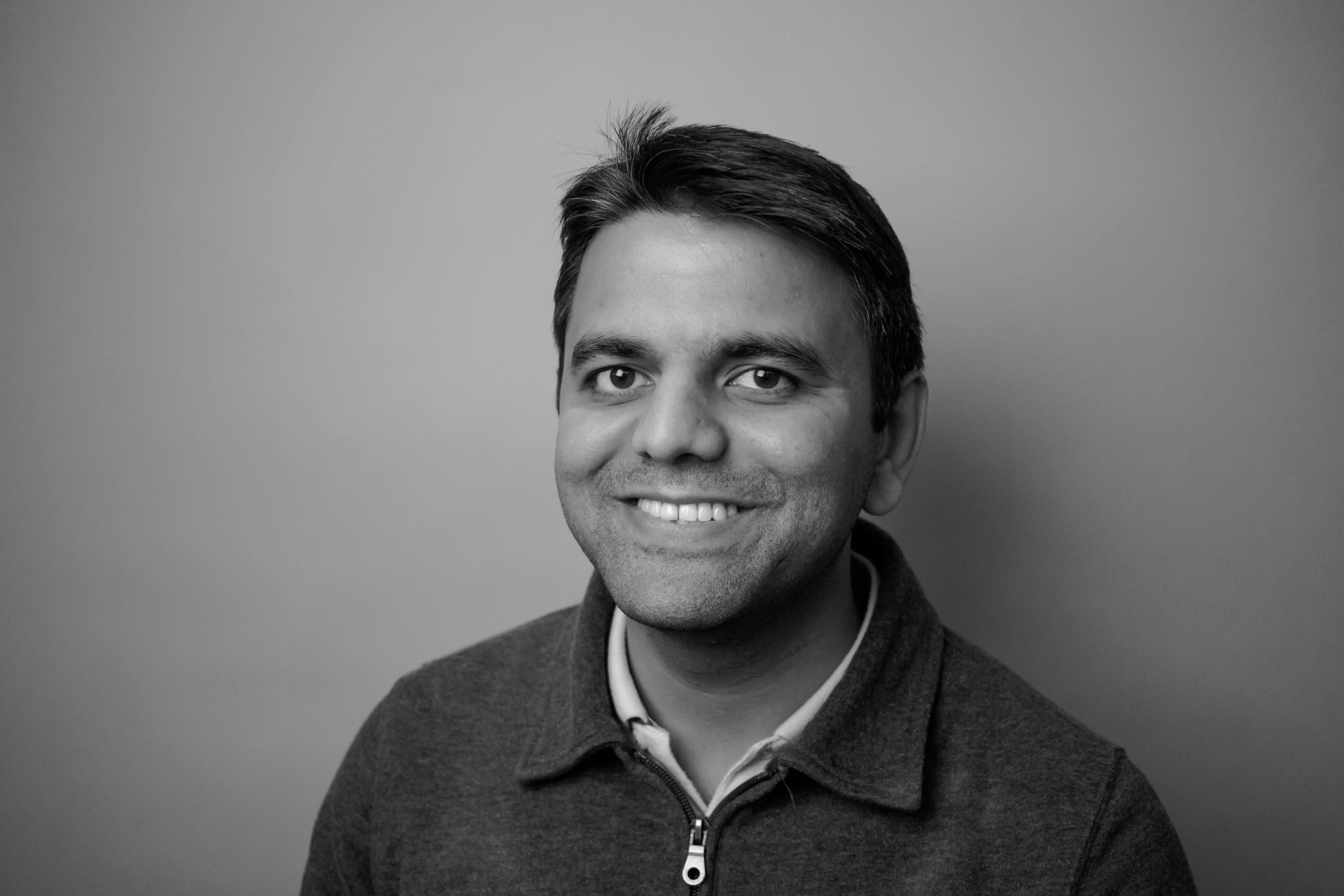
Faces of Innovation—a new GHTC project that features scientists on the front lines of research and development on new global health tools and technologies—profiles Dr. Vinayak Joshi, who we met at the American Society of Tropical Medicine and Hygiene Annual Conference. Dr. Joshi is working on a diagnostic for cerebral malaria with support from the National Institute of Allergy and Infectious Diseases.
My name: Vinayak Joshi, PhD
Where I work: VisionQuest Biomedical Inc.
I’m funded by: National Institute of Allergy and Infectious Diseases (NIAID), National Institutes of Health (NIH)
My research: We are developing a user-friendly, fully automated, and simple-to-use diagnostic for cerebral malaria. Today, cerebral malaria misdiagnosis causes hundreds of thousands of deaths in African children. With improved diagnostic accuracy, we can prevent many of those deaths and associated disabilities.
Motivation: My background is in machine learning software development for medical diagnosis. In my PhD research, I developed an algorithm for detecting malarial biomarkers in eyes. Later, I got a chance to visit one of the malaria clinics—and I learned that this particular kind of malaria, cerebral malaria, is one of the largest killers of children in Africa—and I actually witnessed a child’s death which left an impression on my mind. Rather than just focusing on developing an algorithm, I reasoned that developing a tool that would lead to greater accessibility and was affordable to the target population in Africa, would make a significant humanitarian contribution.
Why US federal support is critical: One of the major goals of this work is to prevent deaths in young children. For such two- to three-year-old kids—it is one of the biggest global health problems. After a child is affected with cerebral malaria, one needs to take action in 24 to 48 hours, otherwise it results in death. It may not be always reported in the news media, but hundreds of thousands of deaths occur every year from this issue. The death toll and neurological disability in children caused by this disease are important problems, often overlooked by the world outside of sub-Saharan Africa. The United States does a lot of noble work in different countries, in health care, development, other infrastructure, and I think this is one of the problems that should receive more attention.
There are many technologies being developed, but developers can’t find the channels to commercialize them, because the African market is not where you make money—you do it for humanitarian purposes. But to develop any product you need money, and I think the US government should look into it. They should support the institutions that produce the tools but have to find sources of funding to commercialize these technologies and make them accessible to the target population.
When I’m not in the lab: I like a lot of traveling—it’s one of my hobbies. I don’t particularly like to go to top tourist destinations. I like to explore new, unexplored parts of the country.

